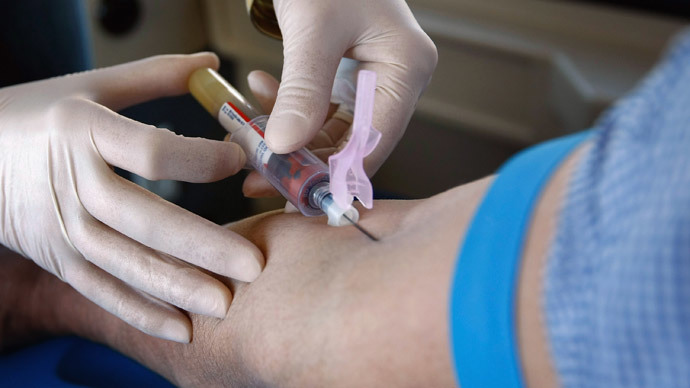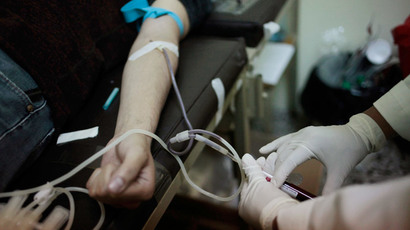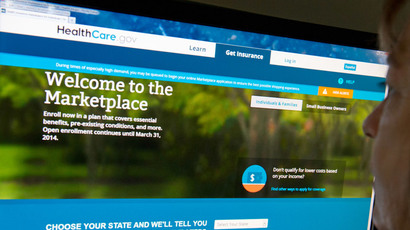4,200 NY hospital patients face possible hepatitis, HIV exposure

A New York hospital warned 4,247 people of potential exposure to hepatitis B, hepatitis C and HIV after authorities discovered a risk of potential blood contamination.
In the letter dated February 22, South Nassau Communities Hospital said the patients may have received insulin from an insulin pen reservoir – not the pen's single-use disposable needle – that may have been used with more than one person.
Damian Becker, spokesman for the hospital in Oceanside on Long Island – near New York City – said no medical staff had been observed reusing the insulin pen reservoir. The warning was issued, however, because a nurse was overheard saying it was alright to do so.
"Once that was said, we then followed through with a report to the state Department of Health," hospital spokesman Damian Becker told the Long Island daily Newsday.
Earlier, the hospital released a statement saying "The risk of infection from this is extremely low," though it recommended patients "be tested for hepatitis B, hepatitis C and HIV."
Becker said the hospital was sending out the letters in batches and the hospital announced it has set up a toll-free hotline for patients to schedule a blood test.
It will take patients about two weeks to receive test results, he said.
When asked by Reuters if anyone was confirmed to have been infected, a hospital spokeswoman said "not to my knowledge."
The Food and Drug Administration and the Centers for Disease Control both released strongly worded statements between 2009 and 2012 following a rash of similar incidents at other hospitals that put more than 2,000 patients at risk.
The agency warned it had become “increasingly aware of reports of improper use of insulin pens” that “must never be used on more than one person.”
“When you use the pen for more than one patient, you have the possibility of introducing the bodily fluids from someone else into another individual,” Dr. Alison Myers, an endocrinologist with the North Shore-LIJ Health System, told CBS New York.
The Long Island hospital said it has since banned the use of insulin pens and permits only the use of single-patient-use vials. The hospital seems to have changed its policy on the devices, though it was unclear when the change occurred.
"South Nassau has already implemented a hospital-wide policy that bans the use of insulin pens and permits only the use of single-patient-use vials to administer prescribed insulin treatments to patients," the statement said.
The time frame of potential expose was between March 2011 and January 2014.













